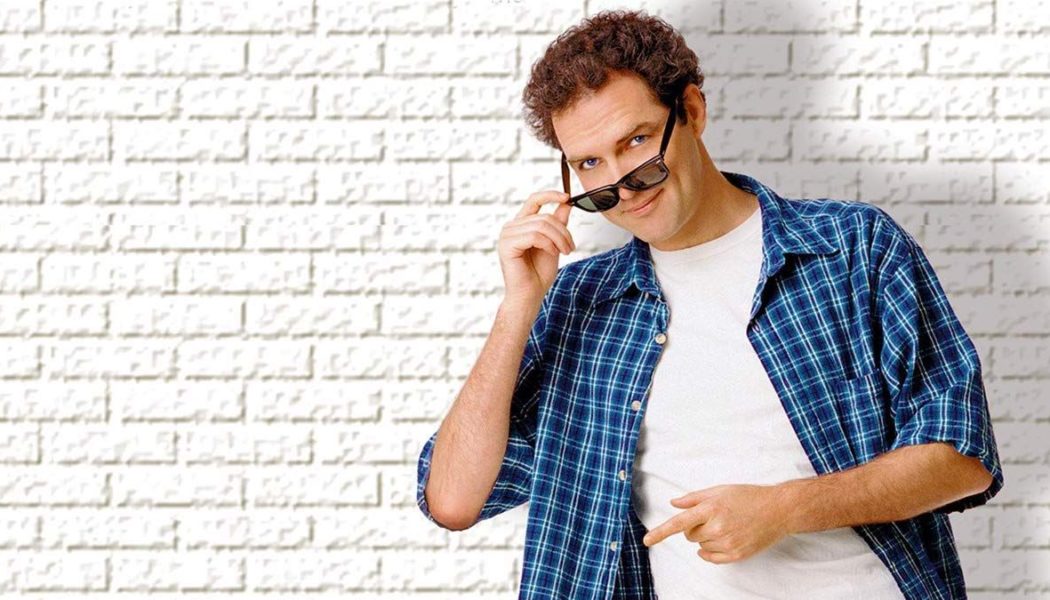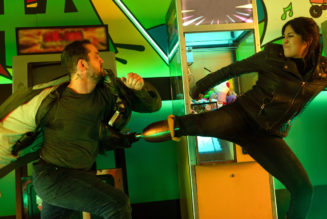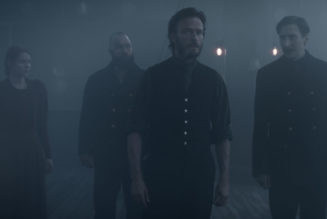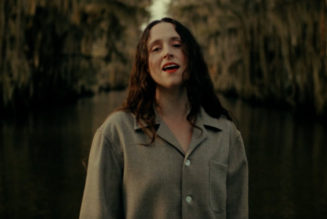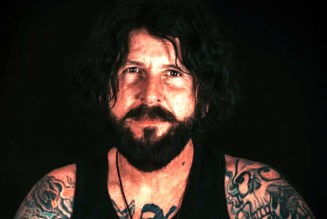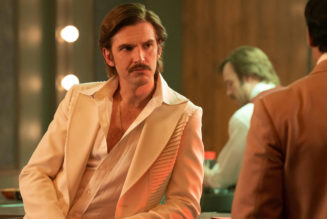
Norm Macdonald, who left us too soon at the age of 61 after living with cancer for a decade, was a comedian’s comedian.
You can tell because so much of his greatest work is just him. There’s the opening passage of his special Me Doing Stand-Up, where he immediately pontificates about being haunted by the grim specter of death (“It’s good to be alive, isn’t it? That’s what I say. I find that to be the goodest thing there is, to be alive. And uh, the reason it’s so good, it’s cause it’s so bad to be dead. It’s not like life’s so fucking great, but compared to being smothered in earth…”).
There’s his legendary ultra-clean roasting of Bob Saget, and his interjections on Conan O’Brien’s first Late Night show, where he couldn’t stop running down Carrot Top. Even the Saturday Night Live gig that made him famous mostly featured him telling jokes, bringing a superbly crafted minimalism to Weekend Update that has never been credibly imitated or equaled.
Related Video
But like most comedians that reach a particular level of fame, Macdonald did dabble in movies and sitcoms. The Norm Show lasted for a respectable three seasons (and A Minute with Stan Hooper did a single season a few years later), but his career as a cinematic leading man was less than robust: two movies and out. The latter of the two, Screwed, is a barely-seen oddity pairing Macdonald with Dave Chappelle and Danny DeVito. It’s funny, in a mangy sort of way, but I can’t in good conscience recommend it. Macdonald’s only real custom-made starring vehicle is Dirty Work, a bizarre glimpse at the type of movies Norm might have made, had he been allowed to become the next Adam Sandler.
Of course, at the time, Adam Sandler was barely Adam Sandler, either. Sandler, who cameos in Dirty Work playing the devil in a hallucination, had a handful of successful comedies to his name, but his first big crossover, The Wedding Singer, was just exiting theaters as Dirty Work showed up, ready to ride a wave of notoriety over Macdonald’s recent demotion from Weekend Update and subsequent exit from Saturday Night Live.
This did not come to pass. Its current 14% rating on Rotten Tomatoes is, if anything, padded positively from its initial reviews by a handful of appreciative later notices. It opened in ninth place at the box office, then dropped to eleventh, then more or less disappeared from theaters. As a seventeen-year-old in the thick of finals and high school graduation events, I found the time to see it twice. Later, I bought it on VHS, then DVD.
Directed by future roastee Bob Saget, Dirty Work is one of those overlit big-screen sitcoms, tailored to an SNL comedian’s persona in hopes of cashing in with a newly converted fanbase. Macdonald, not having any popular recurring characters outside of his (surprisingly decent) stable of impressions, adapts some of his Weekend Update shtick, most notably his “note to self” bit, to play Mitch Weaver, a garden-variety loafer who finds his calling as the proprietor of a revenge-for-hire business.
So much about Dirty Work is low-rent. Most of the revenge schemes, in particular, feel like they’re aimed at third-graders (car engines exploding popcorn everywhere!), and the individual comic set pieces are stuck together with big gobs of exposition. Even its use of beloved Howard Stern figure Artie Lange as Sam, Mitch’s lifelong bestie feels like a coarse substitute for Chris Farley, who appeared in his final big-screen role in a grody cameo, playing a screaming Vietnam vet whose nose was bitten off by a “Saigon whore.”
And yet: There is a great comic purity to this movie that feels like exactly Norm’s sensibility, even if it had to be toned down to receive a youth-friendly PG-13 rating. While Sandler’s comedies revived the snobs-versus-slobs dynamic of films like Meatballs and Caddyshack, ladled over with increasing amounts of saccharine as Sandler got older, Macdonald made a singular and dirtbaggier version of the same thing, a funhouse reflection of Sandler’s lovable goofs and goons, using Macdonald’s peerless deadpan to deconstruct the zaniness as quickly as he could generate it. (He co-wrote the screenplay with Fred Wolf and Frank Sebastiano.)
